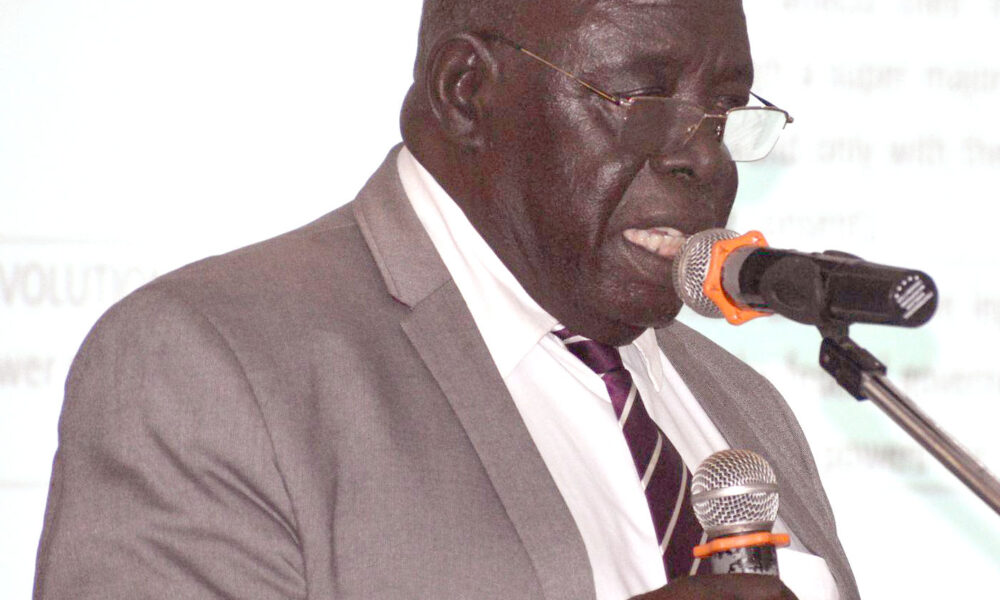By Kidega Livingstone
Former Minister of Federal Affairs, Dr. Richard K. Mulla proposes that South Sudan adopts Cooperative federalism.
The concept of cooperative federalism involves the collaboration between the national government, states, and counties, as seen in countries such as Kenya, South Africa, and others in Africa.
During his presentation to the Members of the National Constitutional Review Commission, Dr Mulla said including Cooperative Federalism in the constitution would recognize county governments.
He said making county governments independent in the constitution is a means of bringing development to rural areas.
“If we want to run our country to move ahead, the county government should be recognized in the constitution because it’s the way of taking towns to the villages and the financial allocation from the revenue collection should be increased from 3% to 15 % because counties are core of development,” he said.
Dr. Mulla highlighted the imbalance in revenue distribution, with only 7% going to the states and 3% to the counties, while the majority remains in Juba.
He argued for the implementation of cooperative federalism to address this issue and ensure fair distribution of resources.
To prevent misuse of funds, Dr. Mulla proposed that revenue be directly allocated to the states’ and counties’ accounts, bypassing unnecessary channels and reducing corruption risks.
In addition, he suggested granting states 25% of the revenue collection and allocating 15% to the counties, as these levels of government actively support the federal government.
However, Robert Ladu, Chairperson of the Land Commission for South Sudan, emphasized the need to overcome tribalism for cooperative federalism to succeed.
He cautioned against employing individuals solely based on tribal lines,
The proposal for cooperative federalism in the permanent constitution aims to foster collaboration and equitable development across different levels of government, ensuring the effective utilization of resources for the benefit of all citizens.




